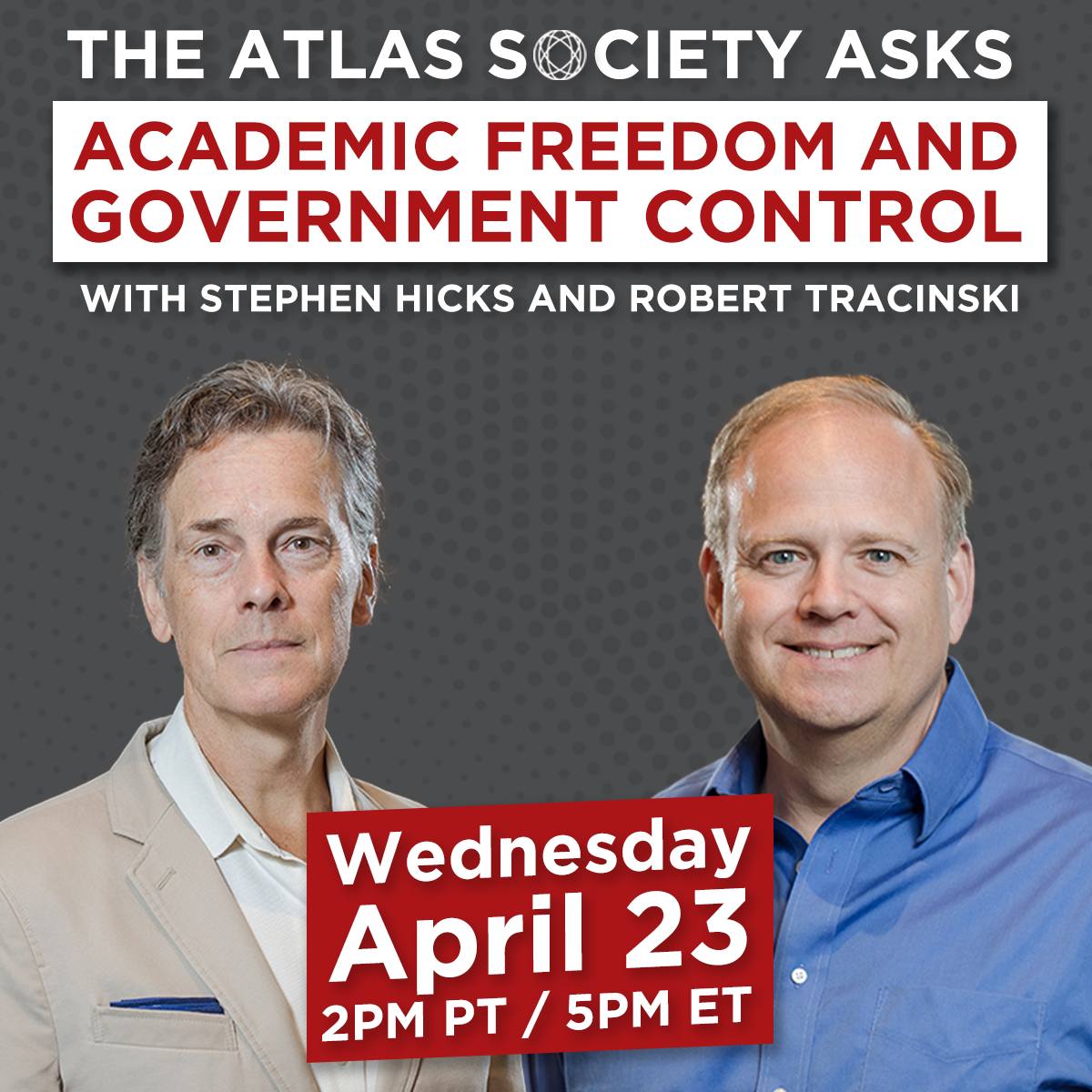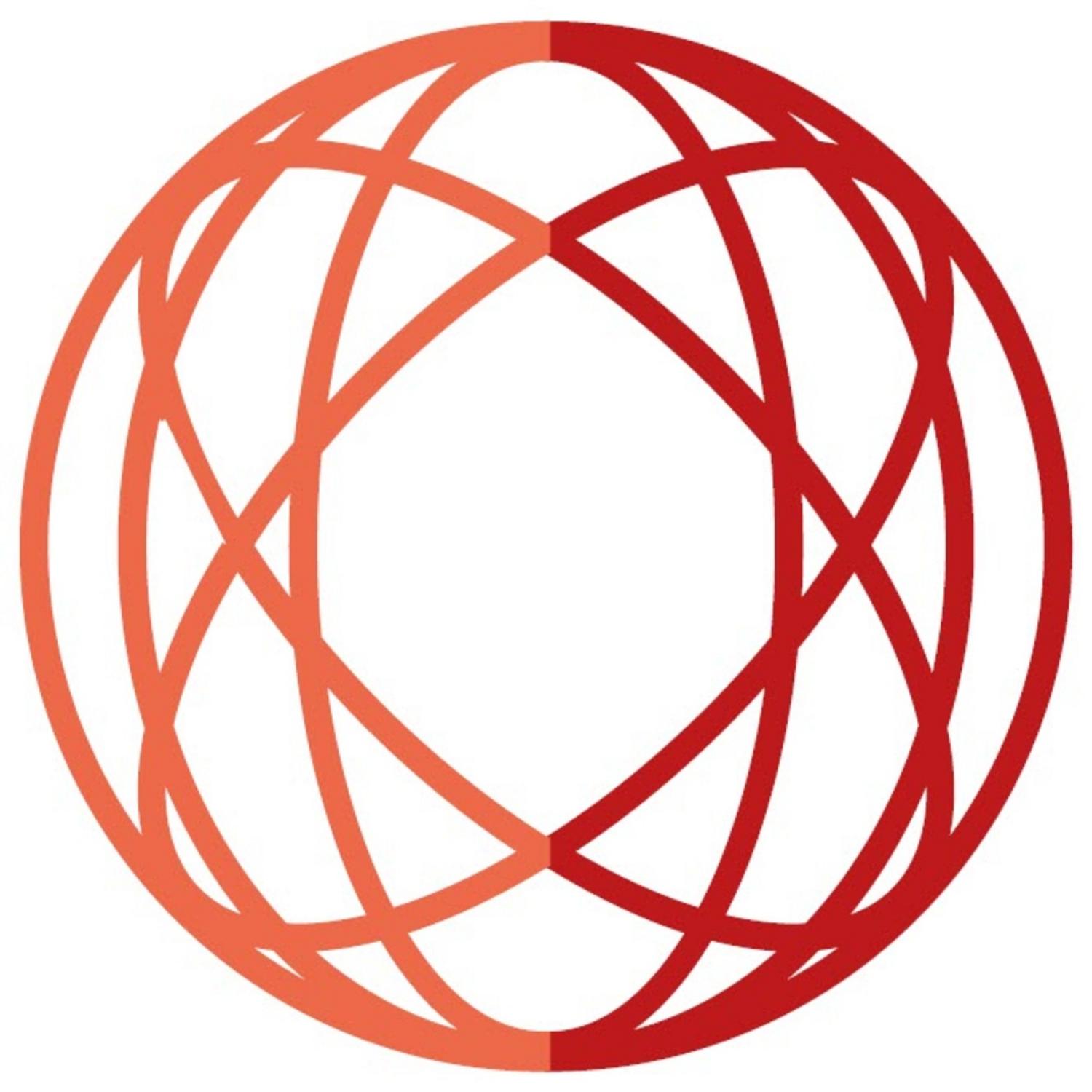We're sunsetting PodQuest on 2025-07-28. Thank you for your support!
Export Podcast Subscriptions
Academic Freedom & Government Control with Hicks and Tracinski
2025/4/23

The Atlas Society Presents - The Atlas Society Asks
R
Rob Tracinski
S
Stephen Hicks
Stephen Hicks: 我认为高等教育正处于政治斗争之中,许多顶尖大学都在争夺政府资金。教育与政治的冲突不仅仅是消耗战,更关乎深刻的原则。为了使教育发挥作用,它需要学生能够独立思考,探索各种选择。就像宗教和政府应该分离一样,教育机构也需要独立于政治进程。然而,政府有责任监督和管理那些接受政治资金的教育机构,这导致了一种深刻的矛盾。我认为高等教育机构应该为造成这些问题承担责任,他们一方面声称支持学术自由,但另一方面却不愿在意识形态上方便时尊重学术自由和正当程序。我们应该与高等教育机构合作,使它们更加真诚、更有原则、更始终如一地实现其宣布的学术自由和独立自主的理想,并找到一种方法帮助它们摆脱对政府的依赖,成为完全成熟的自主教育机构。在高等教育机构保留一定程度的独立和自治,和政府进行更多的监督之间,我更倾向于前者。
Rob Tracinski: 我认为政府对中小学教育的控制远大于大学,而政府控制越多的学校,教育质量越差。大学受政府干预较少,学术自由和自由探究程度较高,教育质量也更好。特朗普政府以反犹主义为借口来控制高等教育,这背后是保守派长期以来对大学偏左的不满,他们试图压制大学,迫使其接受他们的意识形态。政府实际上是在针对科学领域,以影响人文领域,他们希望通过削减科学研究的资金,迫使大学在聘用保守派哲学家或政治学家等方面做出让步。我们陷入了自己制造的陷阱,既想扩大政府,让它资助思想和艺术,又想拥有知识自由。现在有人想通过控制来阻止这种情况,以确保他们支持自己喜欢的思想,而不是别人的思想,这使情况变得更糟。我认为我们应该使用文化来改变政治。
Deep Dive
This chapter explores the conflict between academic freedom and government control in higher education, particularly focusing on how government funding influences universities' independence and decision-making. The discussion highlights the inherent tension between the principles of freedom and coercion in the context of education.
- Government funding of higher education creates a tension between academic freedom and political oversight.
- Universities often accept government funding while simultaneously resisting government influence on academic matters.
- The inherent contradiction lies between the pursuit of knowledge through free inquiry and the coercive nature of government control.
Shownotes Transcript
Join Atlas Society Senior Scholar Stephen Hicks and Senior Fellow Robert Tracinski Wednesday for a special webinar exploring academic freedom and how the government uses federal/state funding to exert control over higher education.